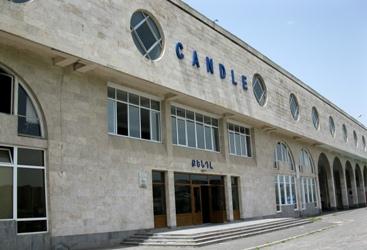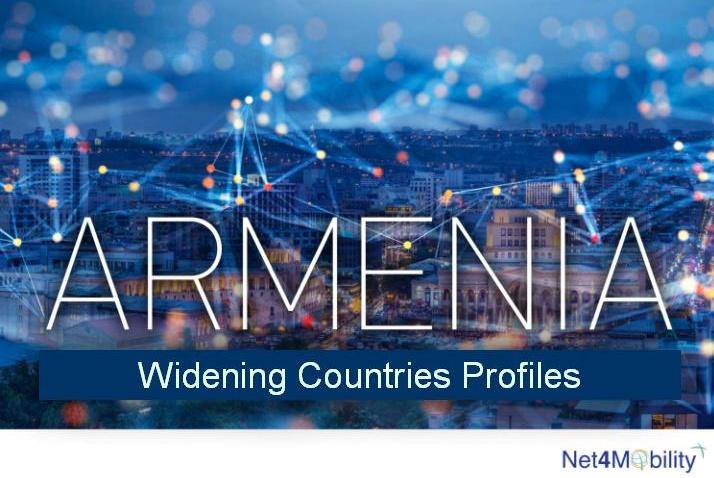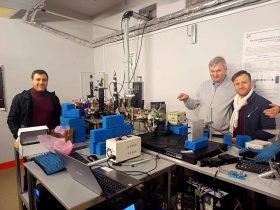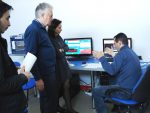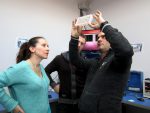July 27, 2017
The group of scientists from Yerevan State University, Institute of Molecular Biology NAS RA and CANDLE SRI, headed by Prof. Rouben Aroutiounian (YSU/NAS), has studied the dose-rate effects of AREAL 4 MeV energy ultrashort sub-picosecond electron pulse irradiation on DNA damage and repair in human cells. The results have been published in Oxford Journal of Radiation Research (N. Babayan et al.,”Dose-rate effect of ultrashort electron beam radiation on DNA damage and repair in vitro”, J Radiat Res 1-4, July, 2017).
In vitro studies suggested that pulsed radiation elicits less genomic instability than continuous, protracted irradiation at the same total dose. The latest in vivo data have demonstrated that pulsed, high-dose-rate electron irradiation increases the differential response between normal and tumor tissue, although the molecular mechanisms, underlying those differential responses, are still unknown.
The authors observed that dose-rate effects on DNA damage and repair are caused mainly by primary lesions appearing at the moment of irradiation. The reduced reparability of DNA damages in High-Doze Rate irradiated cells as compared with Low-Doze Rate irradiated ones may be associated with the formation of more complex DNA clustered damages. The new results of the research group complement radiobiological studies on the elucidation of dose-rate effect mechanisms and may be useful in the development of effective parameters for the clinical application of pulsed ultrashort electron beam radiation.




